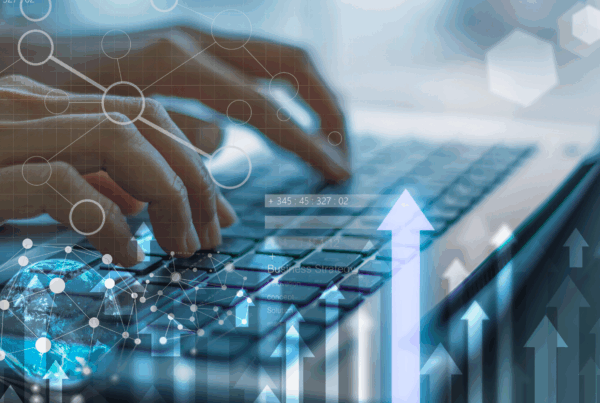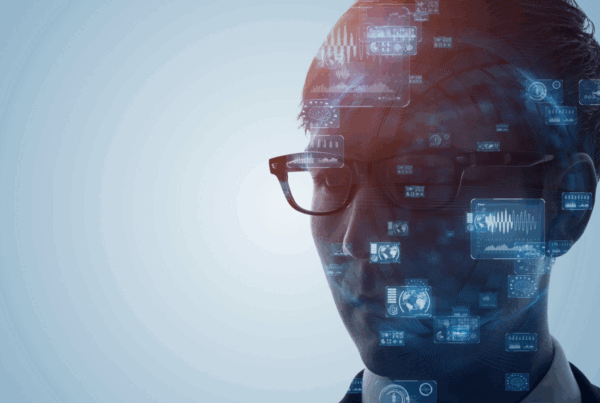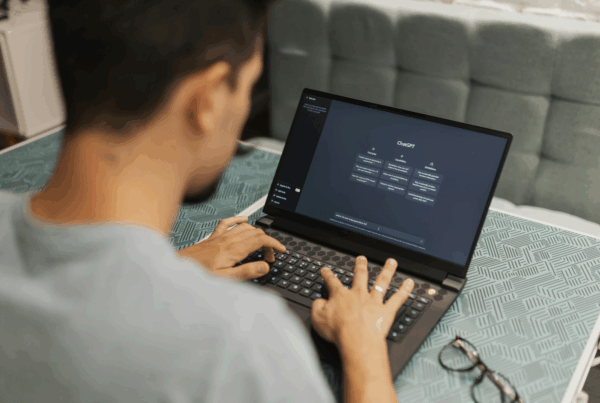
Healthcare offices must take their cybersecurity posture seriously to protect patient data and remain HIPPA compliant. As hackers develop their attack strategies to be more sophisticated and effective, the healthcare field has to do it all it can to stay one step ahead. Not having the best layers of protection available can constitute an emergency for a practice’s cybersecurity health, and it is critical that offices operating without the right security solutions work with an IT consultant to modernize their digital security. In this article, we want to go over the three most reliable cybersecurity solutions Robinett Consulting recommends to keep data secure and out of the hands of malicious actors.
Next-Generation Firewall

A healthcare office will need to interact with the internet every single day of operation, and it is important that a practice has a next-generation firewall in place that can catch malicious activity before it has a chance to reach the network. Next-gen firewalls will block blacklisted internet traffic just like a traditional firewall, but they can also stop suspicious interactions with your office’s network. When malware or suspicious activity is detected by the next-gen firewall, it can prevent network intrusions immediately, provide detailed notifications on the threat to your IT team, and monitor the network for additional events that may be linked to the detected malware.
Endpoint Protection

Our team of security experts recommend endpoint protection for both small businesses and healthcare offices because it provides a wide range of monitoring and reactive protection. If malware happens to sneak into your network, endpoint protection can take automatic action to prevent damage to network data and contain the malicious code to stop it from spreading to other devices. This means that if an employee clicks on a convincing phishing email or a malicious USB is plugged into a device on your network, you have an automatic layer of defense that takes action and notifies you and your IT team about the danger.
Multifactor Authentication (MFA)

One more layer of protection healthcare offices want to implement into their environment is multifactor authentication (MFA) for each important account providers and employees access. MFA can act as a last line of defense in the event that user credentials are successfully stolen because even with the right password, hackers typically cannot authenticate their login. This stops many attacks from making it to your sensitive data and could provide the valuable time your IT team needs to re-secure the environment. Advanced MFA apps can even allow for device health monitoring, which can ensure devices are updated and secure before they log into accounts.
Summary
This article has just introduced the advanced utility that next-generation firewalls, endpoint protection, and MFA can bring to a healthcare office. Generally, these security solutions can make your healthcare practice an unappealing target for hackers and go a long way in keeping your data safe. However, Robinett Consulting recommends working with a trusted IT consultant so that you know exactly how these services can protect your IT environment and which features your unique situation will need. If you want to learn more about the security services that could get your healthcare office out of an emergency security situation, our cybersecurity experts are ready to provide you with all the information you need in a complimentary consultation!




